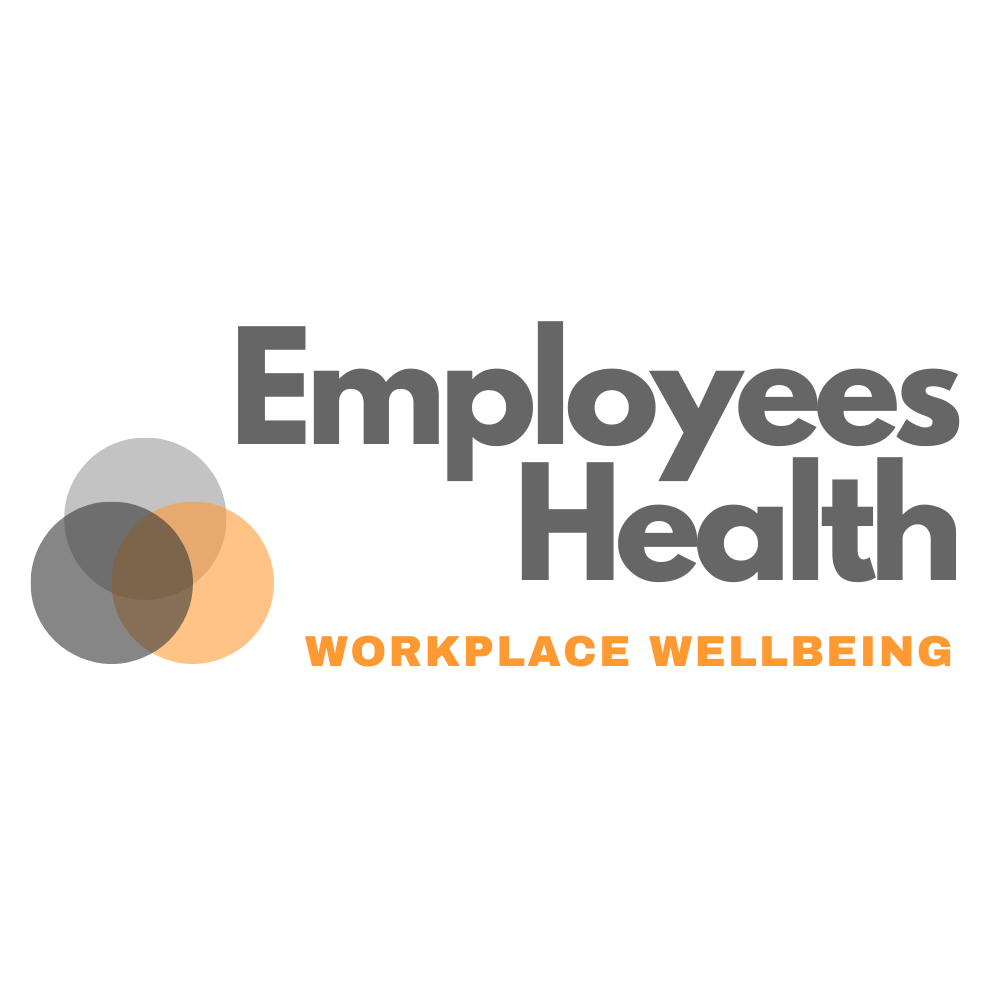
Every single one of us will experience stress at some point in our lives, but the impact it has on our lives and wellbeing can differ from person to person and incident to incident, depending on its cause.
For example, some major life events such as moving home or having a baby typically fall under the category of ‘good stress’, whereby our body’s ‘fight or flight’ response is triggered due to the pressures of a situation, but our overall emotional outcome is a positive one – like the joy we feel when holding our little one for the first time or the excitement that comes with finally getting your new keys.
Other events, however, can have the total opposite effect on us, and both our physical and mental wellbeing can take a real knock as a result. Overwhelming workloads, relationship breakdowns and accidents or illnesses are just some of the common triggers for this type of ‘bad stress’, bringing symptoms such as nausea, heart palpitations and difficulty sleeping along with them as our bodies try to cope with a sudden influx of stress hormones like cortisol and adrenaline.
It is this second kind of stress which is responsible for millions of lost workdays every year in the UK – a number which seems to be increasing even further in the wake of the COVID-19 pandemic. So, with so much on the line and no firm end in sight, it’s now more important than ever to know how to spot the warning signs and help ourselves and others before we end up reaching the point of burnout (more on that here).
What Might Stress Look Like?
We’ve touched on a few of the main symptoms above, but other common signs you’ll want to look out for include:
- Digestive problems
- Trouble focusing
- Feelings of self-doubt
- Dizziness
- Changes in mood
- Clammy or sweaty palms
- Decreased sex drive
- Diarrhoea
- Feeling anxious
- Frequent sickness
- Grinding teeth
- Headaches
- Low energy
- Muscle tension, especially in the neck and shoulders
- Physical aches and pains
- Trembling
Yep, I’m Stressed… Now What?
One of the most important things to remember during periods of stress is that it isn’t permanent. The world will keep turning, the stressor will pass, and you will soon be able to breathe a little easier as life returns to normal – whatever that may be for you.
In the meantime, here are some things you can do to help speed up your recovery and keep stress at bay going forward:
- Make More Time for You: when life is getting on top of you, it’s important to give yourself a break every once in a while. It may be tempting to just ‘power through’ and keep going come what may, but doing this usually leads to your stress levels getting even worse, possibly to the point of burnout. Instead of running yourself into the ground, take a step back and allow yourself to recharge and reset – you can’t pour from an empty cup, after all!
- Look After Your Health: we all know we need to eat right and stay active to be healthy, but many of us underestimate the role our diet and fitness regime plays when it comes to combating stress. By taking care of your physical health by exercising regularly and avoiding the high-carb, sugary foods your body might be craving on a tough day, you’ll be giving your brain the proper fuel it needs to fight stress while also boosting your mood.
- Catch More ZZZ’s: instead of burning the midnight oil to try and cram more into your already hectic day, make sure you allow yourself time to properly wind down in the evenings and get the right amount of sleep. You’ll wake up feeling better rested and ready to face the day ahead!
- Get Talking: when you’re feeling stressed and overwhelmed, opening up to a trusted colleague or loved one can ease your burdens and may even help you find the solution to what’s bothering you. Remember – a problem shared is a problem halved.
- Book a Workshop: if stress in the workplace is becoming an issue for you or your staff, you might want to consider including some of our workshops or activities in your wellbeing at work strategy, if you have one. (And, if you don’t have something already in place, click here to find out why you really, really should!)
We hope our advice above sets you on the path to calmness, but if you’d like to find out more about our workshops and discuss how we can help you build a resilient, happy, stress-free workforce, get in touch with our team below and we will be happy to set up a call to run through what we have to offer.
